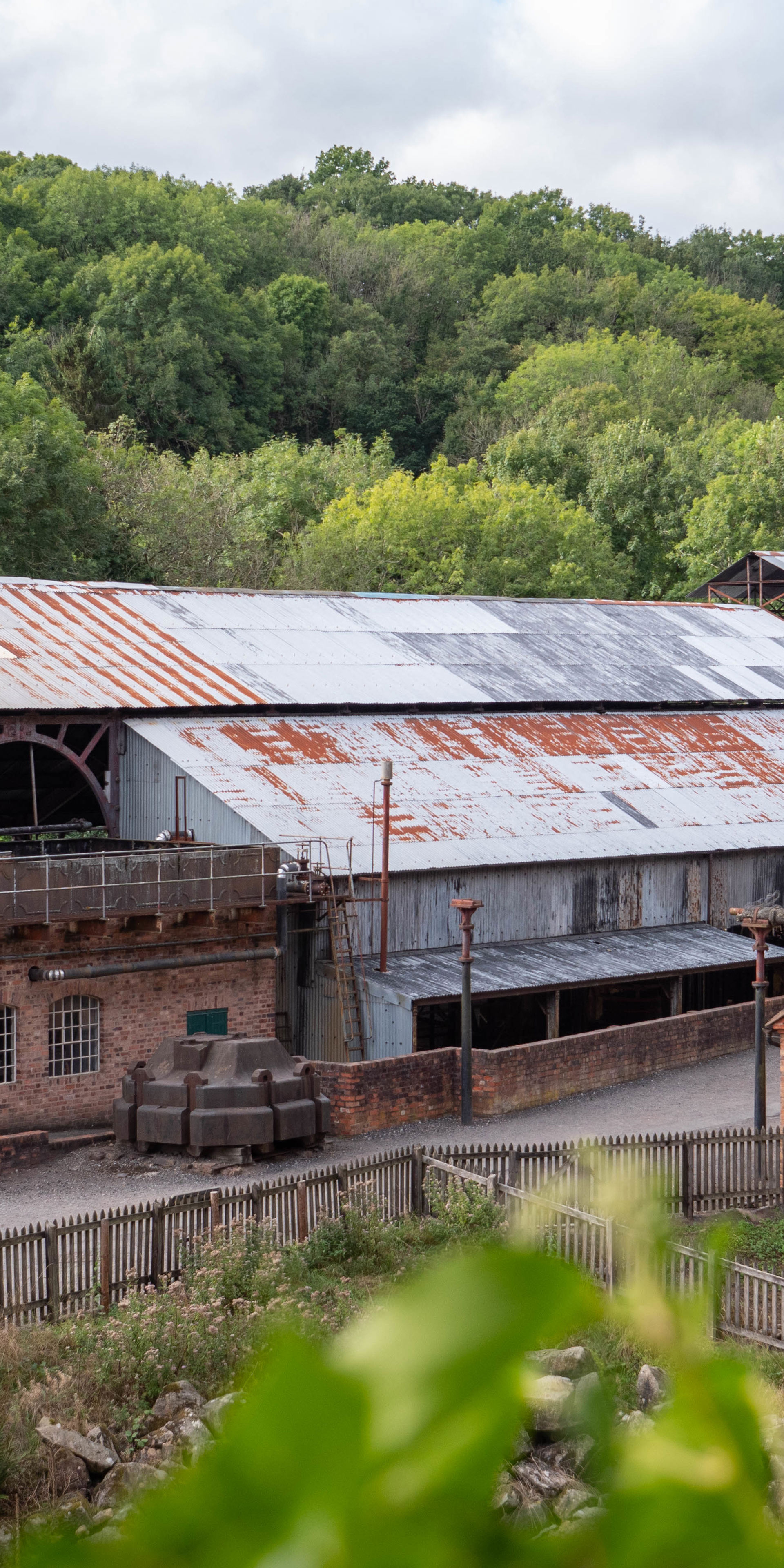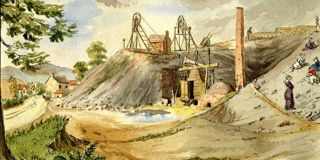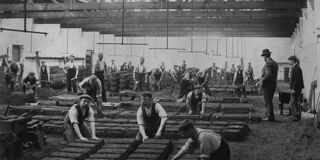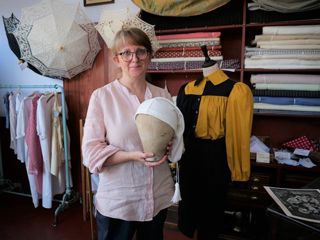Stories
-
![The Victorian Seaside]()
The Victorian Seaside
Holidaying by the sea first became fashionable in the mid-18th century when sea bathing for health reasons became popular. However, this was only affordable to the wealthy in society, and it wasn’t until the Victorian era that a day out to the seaside became affordable for working people.
Read more
-
![The History Of Fish And Chips]()
A History of Fish and Chips
Fish and chips is a popular and iconic British dish, and is one of the few trades represented at Blists Hill Victorian Town that is still commonly found in modern Britain. But what are its origins in the UK?
Read more
-
![Victorian Origins Christmas Cards & Crackers]()
Victorian Origins: Christmas Cards & Crackers
In this festive blog post, learn about the Victorian origins of some of our favourite things about Christmas; sending cards, decorating with lights, and pulling Christmas crackers!
Read more
-
![Shropshire Pit Girls]()
Shropshire Pit Girls
Women's contributions to industry and mining have been, and continue to be, overlooked and underrepresented in the histories of the industrial revolution. Find out more about the role of the Shropshire Pit Girls of the East Shropshire Coalfield.
Read more
-
![The Lives Of Disabled Workers In The East Shropshire Coalfield]()
The Lives of Disabled Workers in the East Shropshire Coalfield
Discover what life was like for disabled working class people in the East Shropshire Coalfield during the 19th century.
Read more
-
![The Trust's Senior Costume Interpreter, Alison Phillips, Holding A Footballer's Cap Alongside The Blouse And Breeches.]()
A Kit for a 'Lady Footballer'
To celebrate the FIFA Women’s World Cup 2023, the Ironbridge Gorge Museum Trust collaborated with Wolverhampton Wanderers Foundation to produce a replica 19th-century women’s football kit.
Read more

Sign up to our mailing list
Register your email with us and we’ll keep you up-to-date with news, events and offers.






